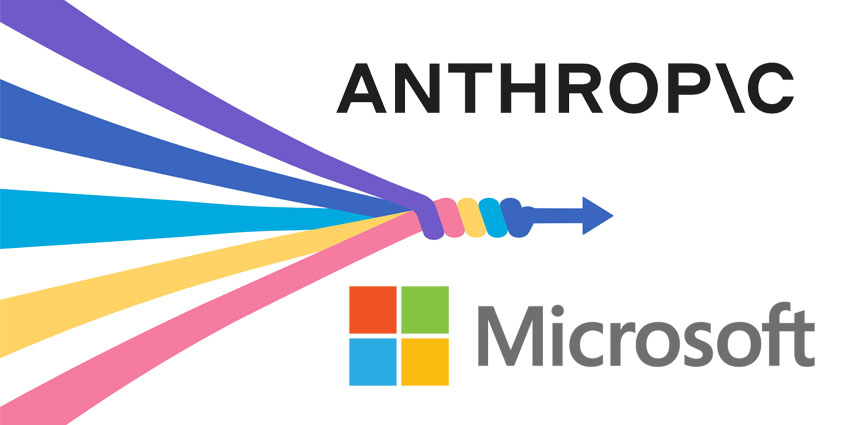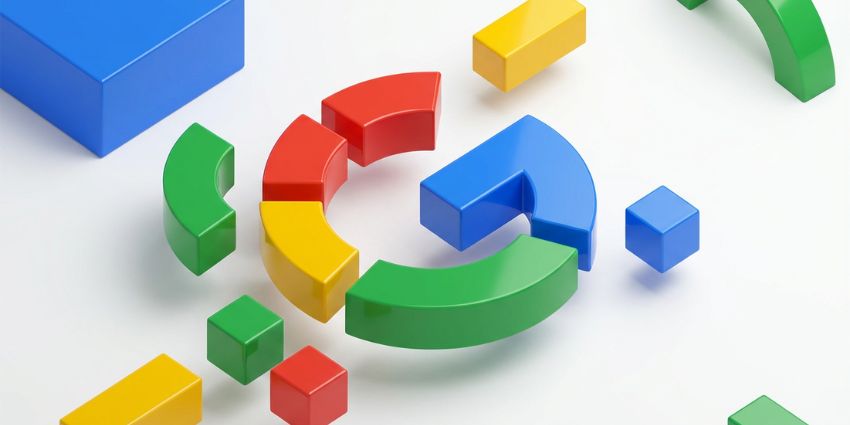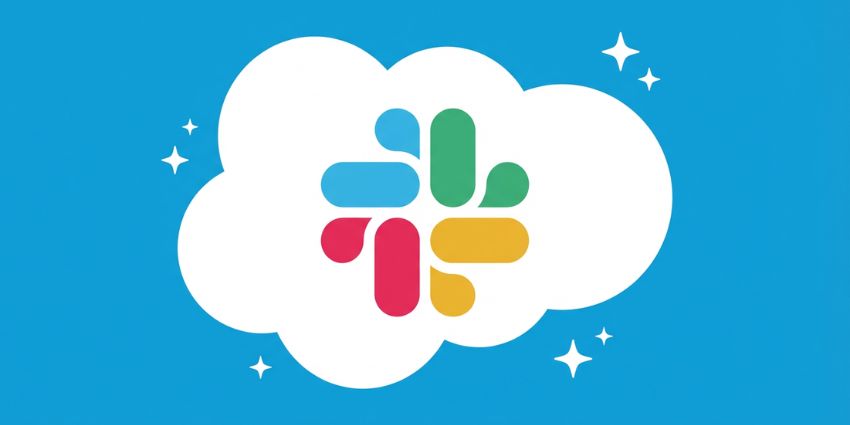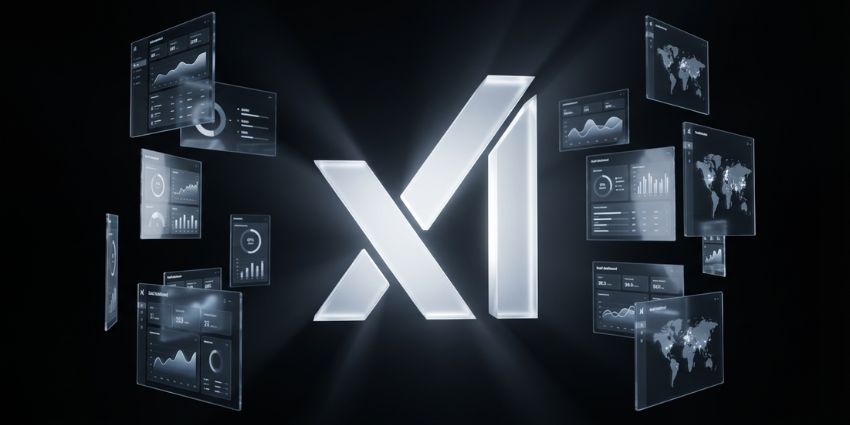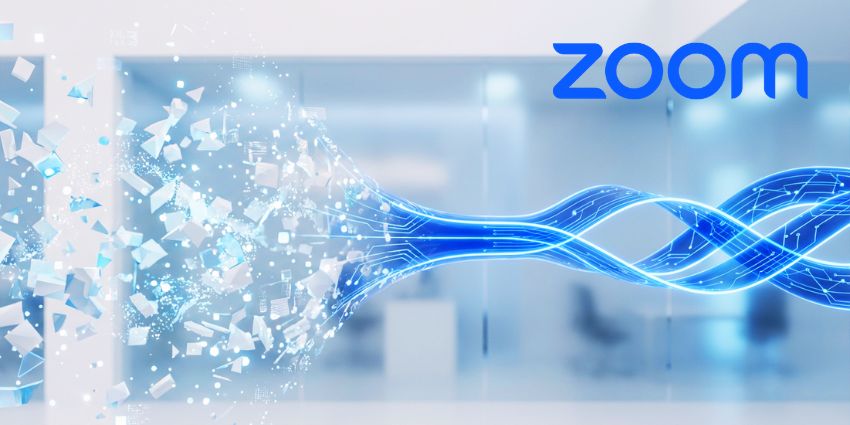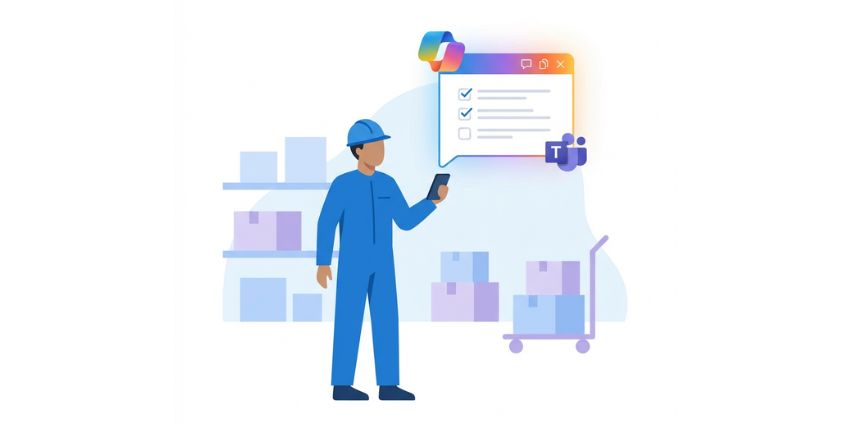Anthropic is embedding its Claude AI assistant directly into Microsoft 365, allowing enterprise users to query, summarise, and analyse data from Word, Outlook, Teams, SharePoint, and OneDrive, all within a single conversational interface.
For now, the Microsoft 365 connector is available to Claude Team and Enterprise customers, though admins must enable it before users can connect. Once activated, Claude becomes a digital colleague, capable of surfacing project insights, analysing reports, or condensing sprawling email threads into crisp summaries.
Anthropic wrote in a blog post:
Claude works with the productivity tools you use every day, bringing context from your documents, emails, and calendar directly into your conversations. Spend less time gathering information and more time on the decisions and work that drive impact.”
A Challenger to Microsoft’s Own AI
For business leaders drowning in digital noise, Claude’s integration aims to offer a prominent productivity counterpoint to Microsoft’s own Copilot. The technology connects via the Model Context Protocol (MCP), Anthropic’s open-source framework for linking AI systems to third-party data sources.
Microsoft itself has quietly adopted MCP across Windows, as it retools its operating system for “AI PCs” that users can talk to. The partnership runs deep. Anthropic’s models now underpin Copilot Researcher, GitHub Copilot, Copilot Studio, and the Office Agent, which can generate PowerPoint and Word documents directly from chat commands.
For IT and C-Suite leaders, the alliance reflects a broader strategy of AI diversification. As Microsoft strengthens ties with Anthropic, it signals a move away from exclusive reliance on OpenAI, aiming instead for a federated, multi-model AI ecosystem, one that aspries to promise resilience, flexibility, and reduced vendor lock-in.
Claude Gets ‘Skills’: Customisation for Complex Workflows
Anthropic also unveiled Claude Skills this past week, programmable abilities that allow paying users to tailor Claude for specific tasks such as building spreadsheets, filling forms, or integrating with niche business systems.
Each Skill consists of a YAML- and Markdown-based structure, which the AI loads on demand via what Anthropic calls progressive disclosure. The model only accesses relevant Skills when required, cutting unnecessary computation and cost.
“Progressive disclosure is the core design principle that makes Agent Skills flexible and scalable,” Anthropic wrote in an engineering blog post. “Like a well-organised manual that starts with a table of contents, then specific chapters, and finally a detailed appendix, skills let Claude load information only as needed.”
However, Anthropic has warned that flexibility brings risk. The company advises users to audit code before installation or linking to unverified external sources.
We recommend installing skills only from trusted sources. When installing a skill from a less-trusted source, thoroughly audit it before use.”
Anthropic has also hinted that future AI agents may eventually write their own Skills, raising the prospect of self-improving assistants that can adapt to changing workflows and business contexts in real time.
What Will Be The Broader Industry Impact?
Claude’s deepening role inside Microsoft’s ecosystem underscores a broader shift in how businesses think about intelligence at work, not as a single system, but as a network of interoperable agents operating across shared infrastructure, as also illustrated recently by Slack’s evolution into an “agentic AI OS”.
For CIOs and IT strategists, the question is now how to orchestrate multiple AIs securely and intelligently. As enterprises move from experimentation to scale, the winners will be those who design architectures that balance innovation with governance, and openness with control.
Claude’s integration with Microsoft 365 is, in essence, a preview of that future, one where federated intelligence becomes the connective tissue of the digital workplace.
